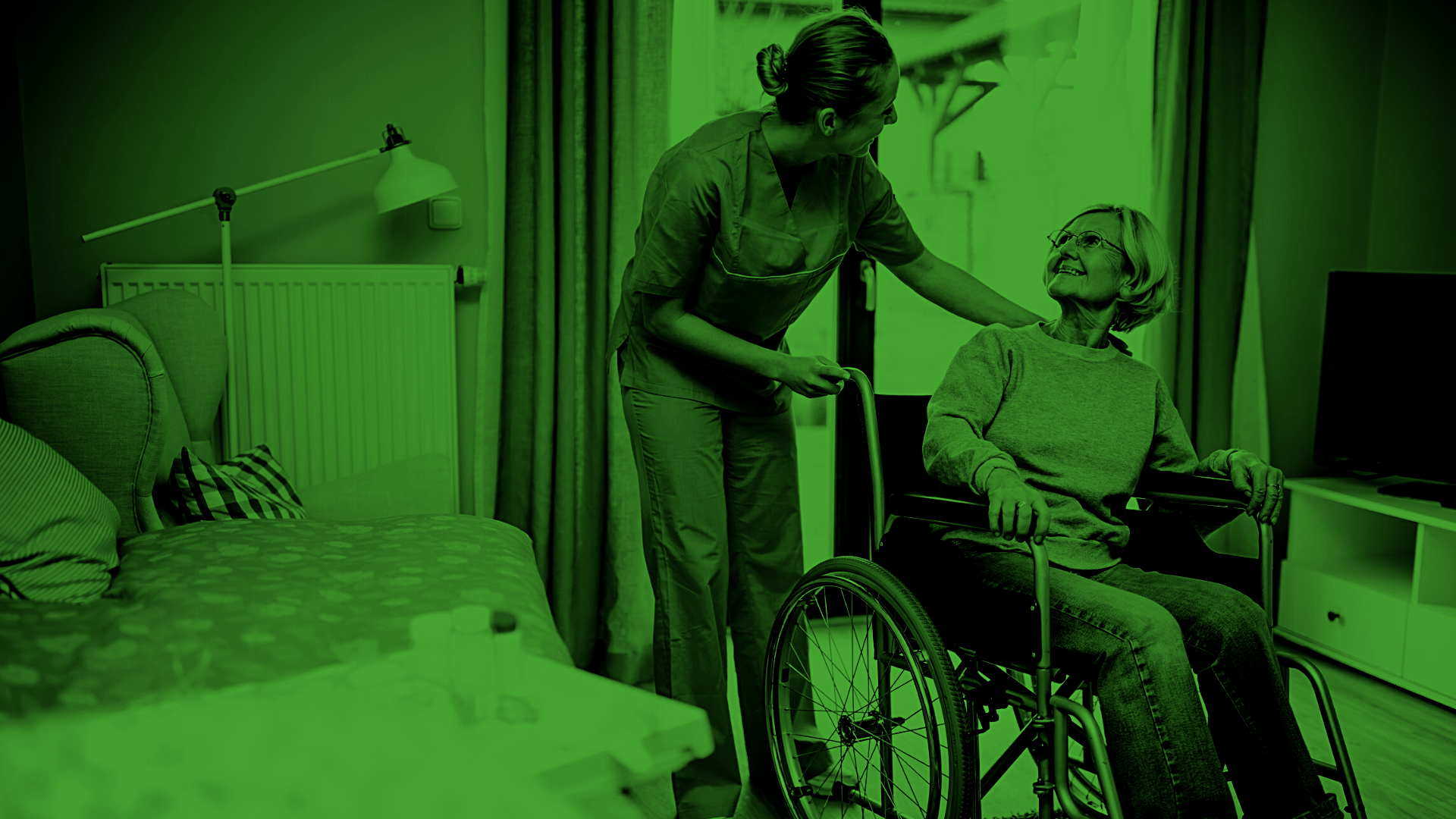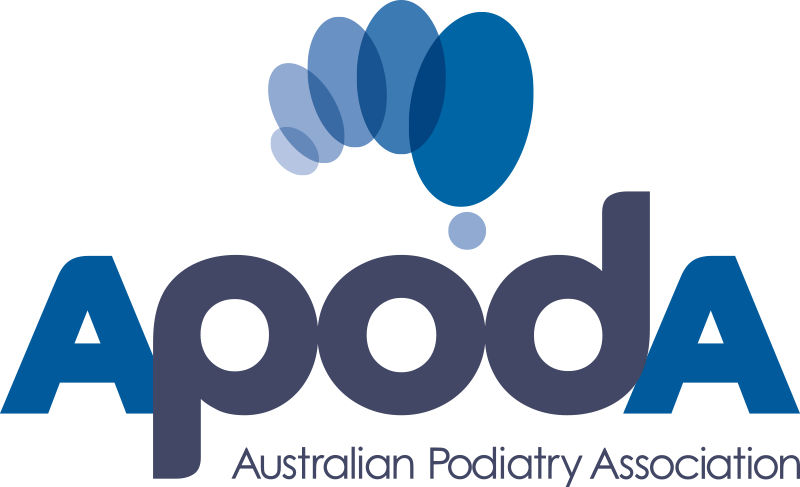
The new Australian National Aged Care Classification Care Funding Model (AN-ACC) is set to replace the aged care funding instruments (ACFI) as of 1 October 2022. What does this new aged care funding model mean for podiatrists?
As of 1 October 2022, the AN-ACC, a new aged care funding model will replace the aged care funding instruments (ACFI). The premise is that the AN-ACC tool will provide greater equitable care funding to providers so they are able to cater for their residents’ needs to a greater degree. The tool is understood to work similar to NDIS, where there is an initial assessment that will aid in classifying and subsequently allocating funding.
To access this new funding model, assessment is required by a physical therapist or an occupational therapist as a baseline, and there are incentives to improve clients’ functional outcomes which does lend itself to allied health.
This funding model is designed as a strengths-based approach to facilitate better functional outcomes for clients. However, while the AN-ACC tool is made available to residents for allied health services, unlike other services (such as nursing and personal care staff) allied health has not been benchmarked regarding a specific set of allocated care minutes. In fact, to date there has been no allocation under the current reform of minimum care minutes per resident for allied health services.
Or put another way, without benchmarking a set amount of minimum care minutes per patient for allied health services, this will enable residential aged care facilities to allocate as they see appropriate.
This presents the potential risk of podiatrists being ‘left behind’, given there can be a lack of value around the work of podiatrists in residential aged care facilities when it comes to understanding the full scope of practice – instead of being perceived as just ‘cutting toenails’ in these facilities.
In July this year, Allied Health Professions Australia (AHPA) published their Policy Brief – Allied health funding in residential aged care. This document highlights the current approach of the reform, current provider spending and the possible impact that AN-ACC will have on allied health funding.
The plan for AHPA, and certainly for APodA, is to work closely with the Labor Government and related networks to ensure pre-election commitments are realised. In particular, to advocate for equitable and fair healthcare access – and a well-resourced multidisciplinary model must be central to this promise. Such a model needs to ensure allied health services, like podiatry, have a strong place in residential aged care services.
The Support at Home Program, Home Care Packages Program and Short Term Restorative Care Program, (which were all scheduled to replace the current Commonwealth Home Support Program), have now been pushed back from a July 2023 start date to 1 July 2024. This welcome delay reflects the Aged Care Royal Commission Final Report recommendations.
APodA will continue its advocacy involvement in the meantime.
© Copyright 2021 The Australian Podiatry Association
